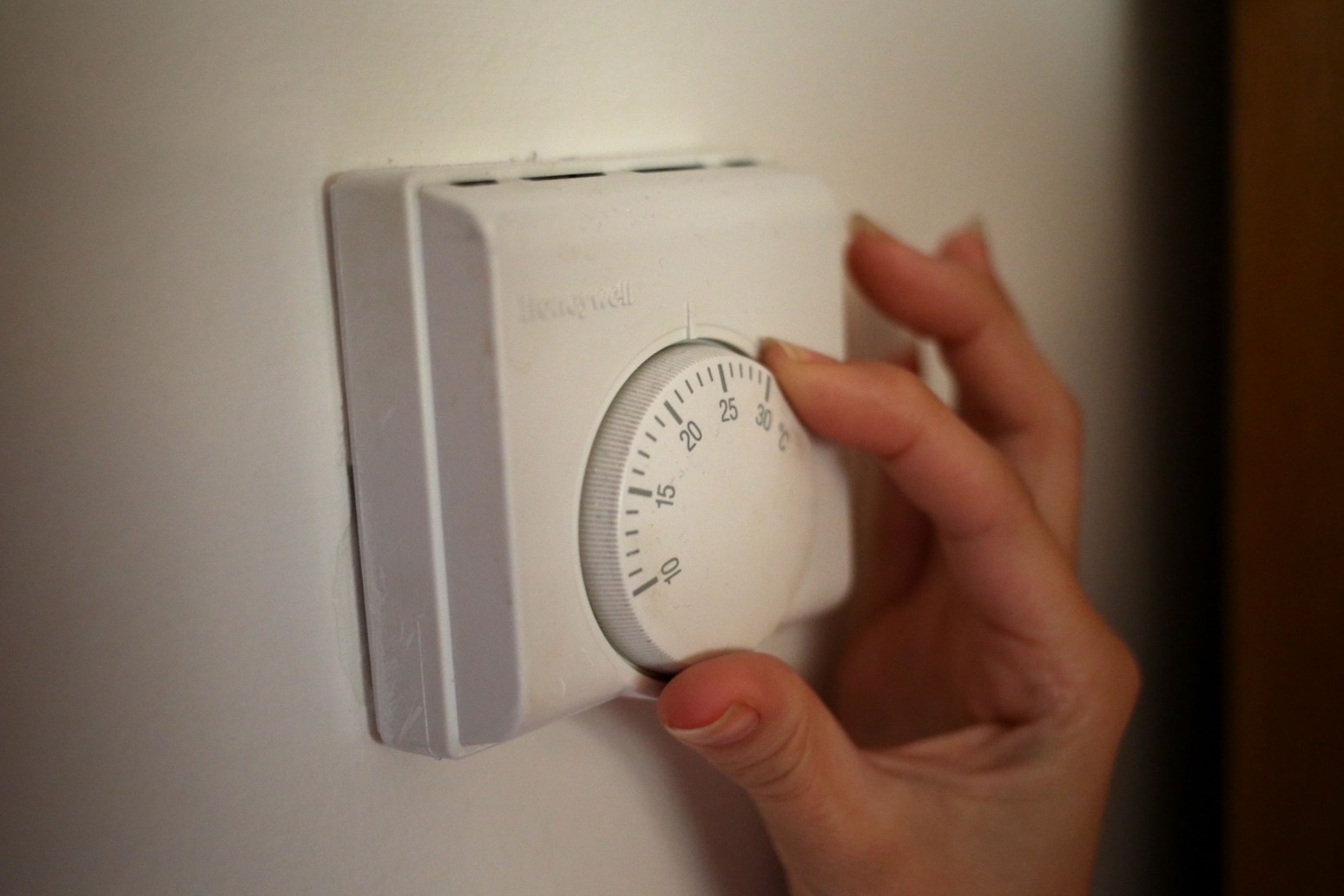Listeners:
Top listeners:
-
 play_arrow
play_arrow
Rother Radio (128K) Love Local, Love Music!
-
 play_arrow
play_arrow
Rother Radio (64K) Love Local, Love Music!
-
 play_arrow
play_arrow
Rother Radio (South Yorkshire) (64K) Love Local, Love Music!
-
 play_arrow
play_arrow
Rother Radio (South Yorkshire) (128K) Love Local, Love Music!
-
 play_arrow
play_arrow
Rother Radio (Doncaster) (64K) Love Local, Love Music!
-
 play_arrow
play_arrow
Rother Radio (Doncaster) (128K) Love Local, Love Music!
-
 play_arrow
play_arrow
Rother Radio Xmas Love Local, Love Music!
-
 play_arrow
play_arrow
Rother Radio – Special Announcement Love Local, Love Music!


Homeowners with heat pumps are more satisfied with their home heating system than those with gas boilers or any other technology, research suggests.
A survey of 3,000 nationally representative British households as part of a quarterly tracker study of homeowners across four countries reveals 94% of heat pump owners are satisfied with their heating tech.
Half of those with heat pumps are extremely satisfied and 44% are satisfied with the clean tech heating their home.
The survey also found 85% of people with a gas boiler – the main way homes are heated in the UK – are happy with them, with a little over half of gas boiler owners (52%) saying they are satisfied with their heating system, while a third (33%) are very satisfied.
Other heating systems, including oil, wood and coal, and electric storage heaters, had lower satisfaction levels.
Insights agency Electrify Research’s Homeowner Electrification Tracker Study (HETS) surveys more than 4,000 homeowners quarterly across the UK, France, Germany and the US, quizzing them on heating systems, electric vehicles and solar power.
Large-scale deployment of clean electric-powered heat pumps is seen as key to replacing the widespread use of gas boilers in heating to reduce carbon emissions from homes as part of targets to cut greenhouse gases to “net zero” by 2050.
While the number of heat pumps being installed in the UK is growing, with the help of Government grants, it remains far below what will be needed in coming years to meet climate change targets, and only a small proportion of British homes have them.
Concerns about heat pumps including upfront installation costs and disruption, and whether they will work in people’s homes.
The independent Climate Change Committee has found households would save around £700 a year on heating bills by 2050 from a shift to the highly efficient heat pumps, but also warned electricity costs need to be reduced to ensure households making the switch feel the cash benefits.
Ben Marks, managing director at Electrify Research, said: “Heat pump owners are actively pleased with the heating systems – more so than all other types of system we asked about.
“Heat pumps sometimes get a lot of criticism in the popular press, but when you talk to their owners, they’re generally delighted with them.
“This is important information that those considering the switch should consider as part of their decision-making process.”
Minister for energy consumers Miatta Fahnbulleh said: “Demand for heat pumps is growing rapidly, with figures showing 2024 was a record year for installations, up 63% on the previous year, as more families take up our £7,500 grant.
“So it’s fantastic to see that once people have made the switch they are really happy they did, and it’s no surprise with households able to save £100 a year on their bills when using a smart tariff.”
She said the Government is planning to expand its grant scheme to include air to air heat pumps and heat batteries to give families greater choice when upgrading their home heating.
Garry Felgate, chief executive of The MCS Foundation, a charity which supports the decarbonisation of homes, said the results backed other evidence that householders “really liked” their heat pumps.
“Heat pumps provide affordable running costs, consistently comfortable temperatures, and the satisfaction of knowing that your heating is not contributing to climate change,” he said.
He added that Government-led information campaigns on heat pumps had helped increase installations, and said: “Households must continue to be supported with information on how to install and operate heat pumps, so that more people can benefit from lower bills, increased comfort, and clean energy.”
Commenting on the findings, Sue Davies, Which? head of consumer rights policy, said: “Heat pumps can be a great way to heat your home and cut your home’s carbon emissions.
“They can also help to cut energy bills, particularly if they are used with a time-of-use tariff.”
But she said installing a heat pump could involve complex and costly decisions, and Which? research showed high upfront costs and a lack of confidence in the technology remained some of the biggest barriers to installation.
“In order to support the transition to heat pumps, the Government needs to make sure the upfront costs of installing a heat pump are more affordable and people have access to good-quality independent advice and reliable installers so they can be confident they have the right heating system for their home,” she said.
Published: by Radio NewsHub
Written by: Radio News Hub
Similar posts
Now Playing
Now playing: -
On Air Now

Sam Mcguigan
Weekend Breakfast
Join Sam for the best way to start your morning with Weekend Breakfast.
closeSponsored
Weather
Upcoming Local Event
Latest from Facebook
Search Rother Radio
Contact Us
- https://www.rotherradio.co.uk
- 01709 257 175
- studio@rotherradio.co.uk
About Us
Rother Radio – Love Local, Love Music! → Discover more
Our Partners
Rother Radio is owned by Rotherham Broadcasting CIC







